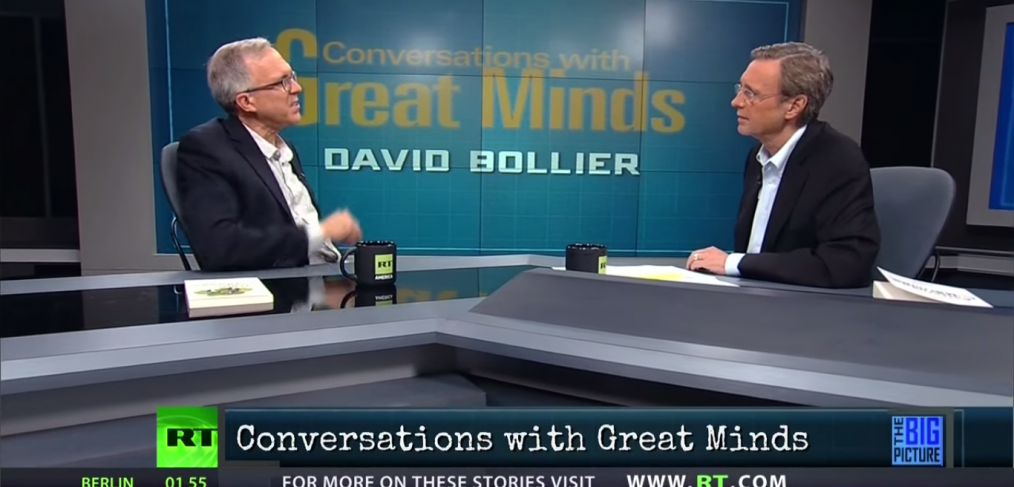The ecological crisis is a very intimate, as well as being a political and institutional crisis, because addressing it requires us to question the established mindsets within which society operates. Established paradigms of thought and being are extremely hard to recognize and transform. This report explores the importance of ontological perspectives in thinking about system change.
What is “value” and how shall we protect it? It’s a simple question for which we don’t have a satisfactory answer.
For conventional economists and politicians, the answer is simple: value is essentially the same as price. This report explains that how we define value says a lot about what we care about and how we make sense of things – and the political agendas we pursue.
“We need to stop looking for definitions of the Commons as a notion, as a concept, because in fact it’s not about a thing but a way of being in the world” Silke Helfrich of Commons Institute and the Commons Strategies Group interviewed by members of Zemos98 during last November’s European Commons Assembly in Brussels.
“As urban commons in Barcelona and elsewhere mature, commoners are facing some difficult and novel challenges” David Bollier recounts his recent visit
Michel Bauwens recently spoke at the Harvard Berkman Center to give his big-picture analysis of the economic and social transition now underway. The hour-long video of his talk provides a clear explanation for why peer production is flourishing and out-competing conventional business models and markets.
Thom Hartmann, the progressive talk show host, interviews David Bollier in the “Conversations with Great Minds” national TV show. Contains the two videos with the interview.
Can commons and the state fruitfully co-exist – and if so, how? Can commoners re-imagine “the state” from a commons perspective so that its powers could be used to affirmatively support commoning and a post-capitalist, post-growth means of provisioning and governance?
The fundamental transformation of our social, political and economic systems requires more than a local approach, it requires trans-local practices and forms of organization.
The next step for commons-oriented publishing is to invent new sorts of cooperative book distribution systems so that small presses can avoid the crippling fees charged by the conventional book distributors.
One of the more complicated, mostly unresolved issues facing most commons is how to assure the independence of commons when the dominant systems of finance, banking and money are so hostile to commoning. How can commoners meet their needs without replicating (perhaps in only modestly less harmful ways) the structural problems of the dominant money system?








